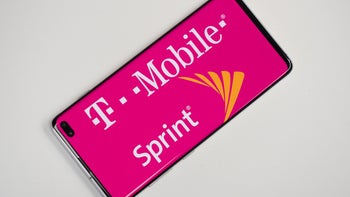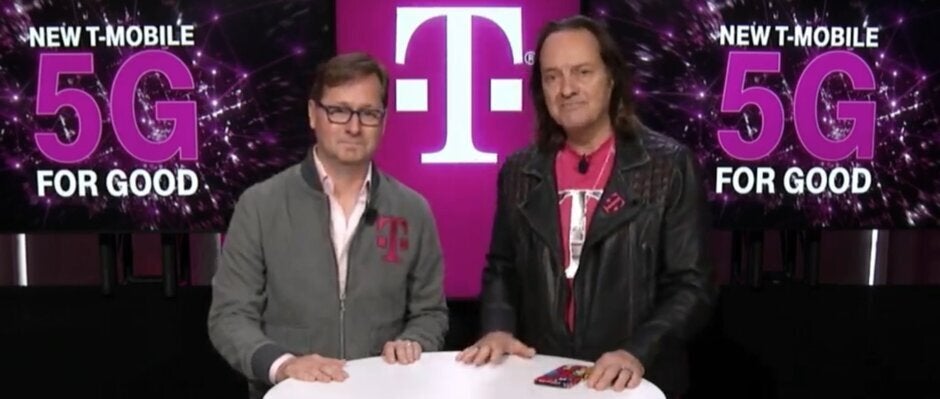What happens to T-Mobile and Sprint if their merger is blocked?

The U.S. mobile industry is waiting for the decision from U.S. District Judge Victor Marrero that will determine in large part whether T-Mobile gets to merge with Sprint. There are some other things that could also block the deal as the California Public Utility Commission still needs to approve it and there is the Tunney Act review. The latter, being presided over by Judge Timothy Kelly, will determine whether the agreement made between Sprint and Dish Network that allowed the Justice Department to approve the merger is in the public interest.
That $5 billion deal is designed to turn Dish into a replacement for Sprint, whose disappearance after the merger has state attorneys general worried about competition post-merger. Yes, Economics 101 says that fewer competitors in a market will lead to higher pricing. However, without the merger, there is a strong possibility that the standalone Sprint will have to raise prices or go out of business producing the same results that the states are concerned about anyway (more on this later). Once the ink dries on the T-Mobile and Sprint merger, Dish will obtain all of Sprint's prepaid businesses including 9.3 million customers, Boost Mobile (even the company letterhead!), 7,500 retail locations, 400 employees and 14MHz of 800MHz spectrum.
Without the merger, T-Mobile will continue to thrive and Sprint will still be a mess
It isn't clear how Judge Marrero will rule and we've seen valid arguments for expecting a decision either way. KeyBanc analyst Brandon Nispel predicts that the odds of the deal getting approved is a coin flip. We know what is supposed to happen if the deal goes through. T-Mobile will acquire Sprint and its holdings of 2.5GHz mid-band spectrum. This will allow T-Mobile to enhance its nationwide 5G network and cover rural Americans with 5G signals. It also will allow the carrier to offer its Connecting Heroes Initiative. This will give first responders free unlimited talk, text, and data with the highest priority on its network and free up $7.7 billion over 10 years that police, fire, EMS, and other such agencies can spend on pay raises, more cutting edge equipment and more first responders. With Sprint's mid-band airwaves, T-Mobile also plans on launching Project 10Million with a goal of connecting 10 million low-income and rural households with free internet service over a five-year period.

Some of T-Mobile's 5G initiatives require it to obtain Sprint's 2.5GHz mid-band spectrum
What if the T-Mobile and Sprint merger doesn't happen?
T-Mobile will continue to be the fastest-growing and most innovative of the four major U.S. carriers but it will have to dig deep to participate in the auction for spectrum in the range of 3.7GHz-4.2GHz that the FCC plans on holding later this year. And CEO John Legere rides into the sunset in May having done an amazing job, one that will become a B-school case study for the ages. As for Sprint, its prospects as a standalone company are not as good.
Fierce Wireless reports today that based on a November report from research firm New Street, Sprint will probably have to sell 40MHz to 60MHz of its 2.5GHz spectrum if the deal is blocked. There would be plenty of interest from T-Mobile, Verizon, Dish, and others. New Street believes that Sprint would have to raise $5 billion-$10 billion to fund a turnaround. Selling its most valuable asset could generate as much as $30 billion, but what would Sprint do after that? One possibility is to file Chapter 11 bankruptcy which would reduce or wipe out the company's debt and allow it to keep operating while the carrier restructures. Sprint currently pays $2.5 billion a year to service its debt but New Street stated that the company's problems run deeper than its debt load. The research firm said that without the merger, Sprint will still have to update its network. "Investors and regulators seem to think that Chapter 11 will be a quick fix for Sprint," New Street wrote three months ago. "We are doubtful."
Brokerage firm Cowen puts the odds of the T-Mobile and Sprint merger getting approved at only 40%. "We peg deal breakage at 60% and believe if a deal does not occur Sprint will shift to 'Plan B,' which may include downsizing its focus to top markets and essentially becoming more of a super-regional player, and asset/spectrum monetization," the firm wrote in a report to clients.
Judge Marrero said that he will make his decision in February. The month begins tomorrow.













Things that are NOT allowed: